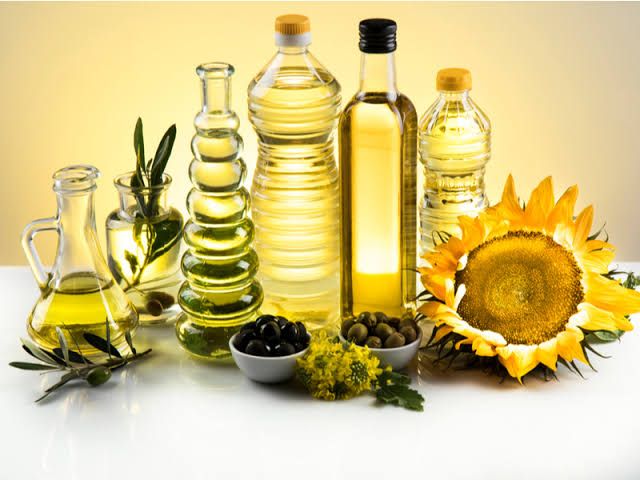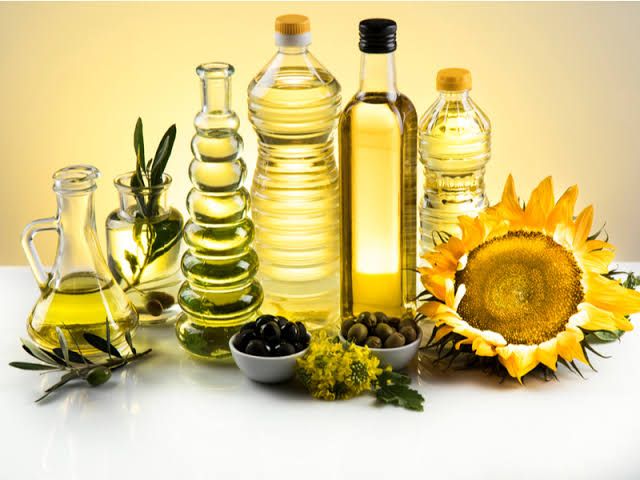
New Delhi — Indian consumers can expect a welcome relief in edible oil prices in the coming weeks, following the customs duty reduction announced by the Government on May 30, aimed at curbing domestic inflation and supporting household budgets.
According to a report released by CareEdge Ratings, edible oil retail prices — which remained firm in early 2025 due to high global prices and rupee depreciation — are now expected to soften as refiners begin passing on cost benefits to consumers.
📉 Key Government Interventions Driving the Trend
The Ministry of Consumer Affairs has mandated edible oil companies to: Reduce Maximum Retail Prices (MRPs) Submit weekly updates on their Price-to-Distributor (PTD) rates Food inflation has cooled to 2.8% in May The IMD's forecast of a stronger-than-normal monsoon is expected to further ease food prices
🏭 Duty Structure Favors Domestic Refiners
The updated duty structure enhances competitiveness for Indian refiners: Basic customs duty on crude palm oil: reduced to 10%Refined palm oil duty remains at 32.5% This has widened the duty differential to 19.25% (from 8.25%), making crude imports more attractive than refined oils This move is expected to: Encourage domestic refiningImprove capacity utilizationBoost refining margins
🌍 India’s Oil Import Landscape
India continues to rely heavily on imports for edible oil consumption, sourcing around 55–60% of its needs primarily from Indonesia and Malaysia. In Oil Year 2023–24, total edible oil imports: 15.96 million tonnes (MT)Palm oil: 55% of total Soybean and sunflower oils: remaining share Oil Year 2024–25 (Nov–May) imports so far: 1.07 MT
🚢 Refined Palm Oil Trends and Market Impact
Refined palm oil imports surged to 0.824 MT in Oct 2024–Feb 2025, up from 0.458 MT in Q2 FY25 This shift followed the Sept 2024 duty hike on crude palm oil Refined palm oil is $45–50/tonne cheaper than crude oil, boosting demand Supplier countries often impose higher export duties on crude than refined oil, further shifting import preferences According to the Solvent Extractors' Association (SEA), palm oil imports in May 2025 rose 84% month-on-month to reach 0.59 MT — the highest since Nov 2024 — as refiners took advantage of palm oil's price discount over soybean and sunflower oils.
Conclusion: With a favorable monsoon outlook, reduced duties, and regulatory pressure to pass on cost savings, Indian households are likely to see a drop in edible oil prices — a timely development amid ongoing inflation management efforts.
Follow & Subscribe:
👉 Agri-Food Update on LinkedIn for the latest updates and insights.
🌐 Visit us at www.agri-food-update.com for more information!



